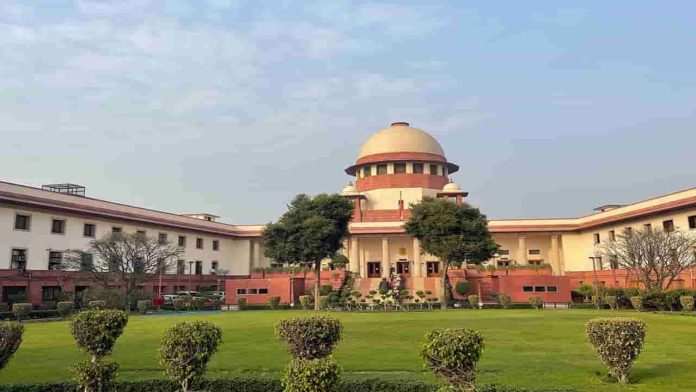Stating that the mere factum of being married did not take away the identity of a woman, the Supreme Court noted that exclusion of a female citizen of Sikkim from exemption under Section 10 (26AAA) of the Income Tax Act on the grounds that she chose to marry a non-Sikkimese after April 1, 2008, was totally discriminatory and unconstitutional.
The Bench of Justice M.R. Shah and Justice B.V. Nagarathna, while noting that a woman was not a chattel, observed on Friday that there was no justification to exclude a Sikkimese woman, who married a non-Sikkimese after April 1, 2008, from the same benefits of exemption provided under Section 10(26AAA), as to a Sikkimese woman, who married a non-Sikkimese before the specified date.
As per Section 10 of 26AAA, in case of an individual, being a Sikkimese, any income which accrues or arises to him: (a) from any source in the State of Sikkim; or (b) by way of dividend or interest on securities: provided that nothing contained in this clause shall apply to a Sikkimese woman who, on or after the first day of April, 2008, marries an individual who is not a Sikkimese.
The Apex Court observed that denying the benefit of exemption under Section 10 (26AAA) of the Income Tax Act to a Sikkimese woman who married a non-Sikkimese after April 1, 2008, was arbitrary, discriminatory and violative of Article 14 of the Constitution of India.
It said the Proviso to Section 10(26AAA) insofar as it excluded from the exempted category a woman from Sikkim, who married a non-Sikkimese after April 1, 2008, has to be struck down.


